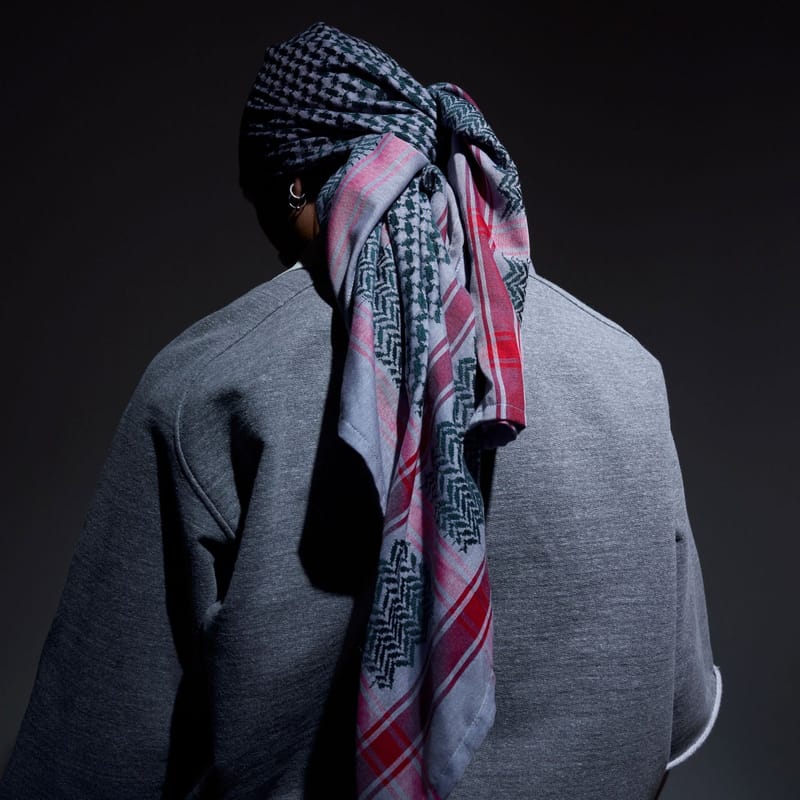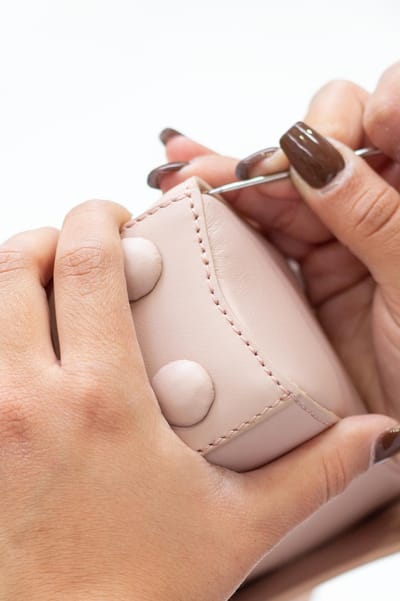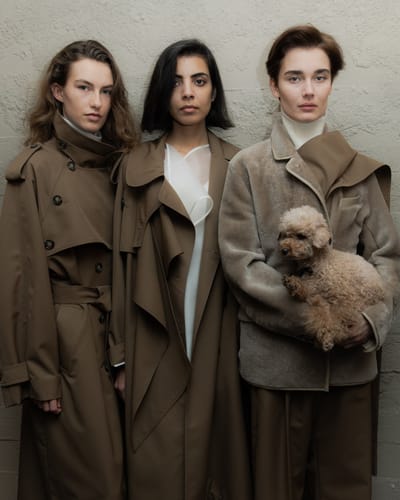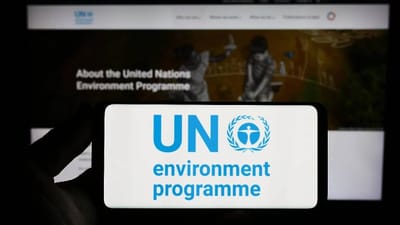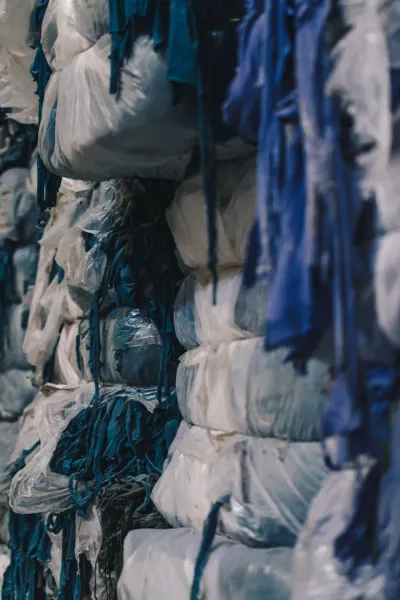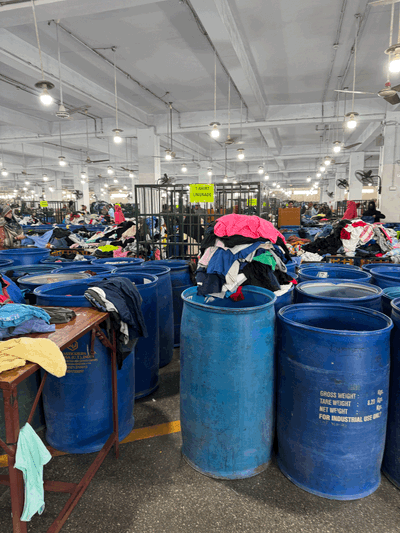When Annie Lennox, Benedict Cumberbatch, and Javier Bardem were recently seen wearing hand-embroidered keffiyehs from SEP, their gestures carried more than symbolic weight. Each piece was crafted by Palestinian and Syrian refugee women in the Jerash “Gaza” camp in Jordan — women whose artistry sustains both their families and their fading traditions.
Founded in 2013, SEP (Social Enterprise Project) redefines what luxury can mean. By combining timeless Middle Eastern design with meticulous Italian quality, the brand channels its profits back into the hands of the women who make its creations. For these artisans, every stitch is a statement of resilience.
“It’s profoundly moving — not only for me, but for every SEP Artist in Jerash camp,” said Roberta Ventura, Founder and CEO of SEP. “When someone like Annie Lennox, Benedict Cumberbatch, or Riz Ahmed chooses to wear a SEP creation, they’re not just making a style statement. They’re carrying the story, the heritage, and the hands of the woman who embroidered it.”
For Ventura, this visibility represents something far deeper than celebrity endorsement. “For the Artists, who are refugees and most of whom are mothers, to see their work recognised on such global stages affirms their dignity, their talent, and their voice,” she said. “It shows that craftsmanship born in a refugee camp can resonate across the world — and that solidarity can be expressed in beauty as well as in words.”
At the heart of SEP’s mission lies a belief that beauty and impact should be inseparable. “To us, ‘ethical luxury’ means that fashion can be a vehicle for dignity, peace, and long-term change,” Ventura explained. “Every piece is hand-embroidered in Jerash camp, and each stitch represents fair work, heritage preserved, and a future reclaimed. For displaced communities, this is better than charity: it’s sustainable income, recognition of skill, and a sense of belonging.”
Each keffiyeh is unique, woven with traditional Levantine motifs — pinecones, flames, cypress trees — that speak of endurance and life. But what distinguishes SEP’s pieces is the personal interpretation of each artisan. “It’s almost like handwriting, where no two are alike,” Ventura said. “These women are not ‘refugees’; they are artists. And when someone wears their work, they’re amplifying a voice and a legacy that might otherwise remain unseen.”
As SEP marks more than a decade of impact, Ventura remains focused on responsible growth. “Scaling for us doesn’t mean producing more at any cost — it means growing impact without compromising dignity,” she said. “The next step is to replicate our model beyond Jerash camp, engaging displaced women in other contexts, while maintaining the same standards of quality and social impact. At the heart of SEP there will always be a woman, her needle, and her signature on the finished piece.”
For Lennox, Cumberbatch, Bardem and others who have chosen to wear these keffiyehs, the gesture reflects more than solidarity — it reflects a belief in beauty that restores dignity. Through each hand-embroidered thread, SEP’s work reminds the world that fashion, when done with conscience, can be both an act of art and of humanity.

